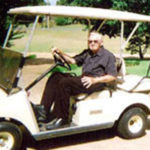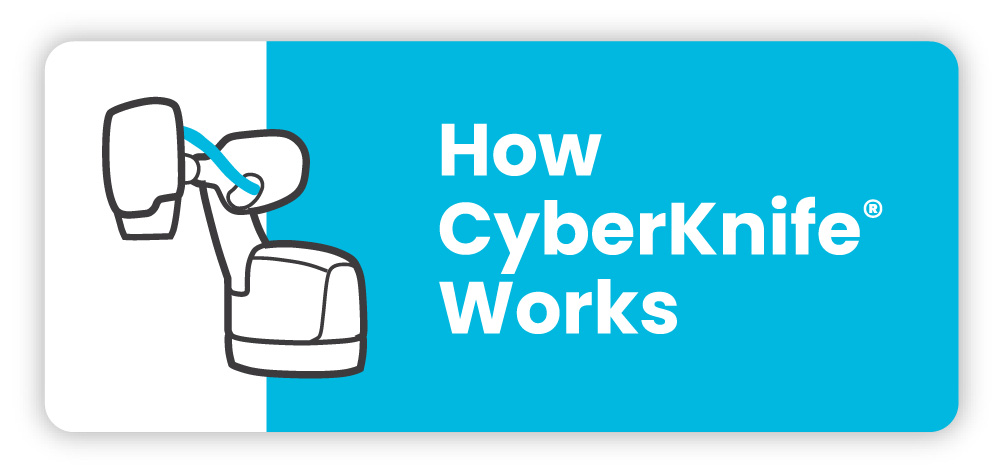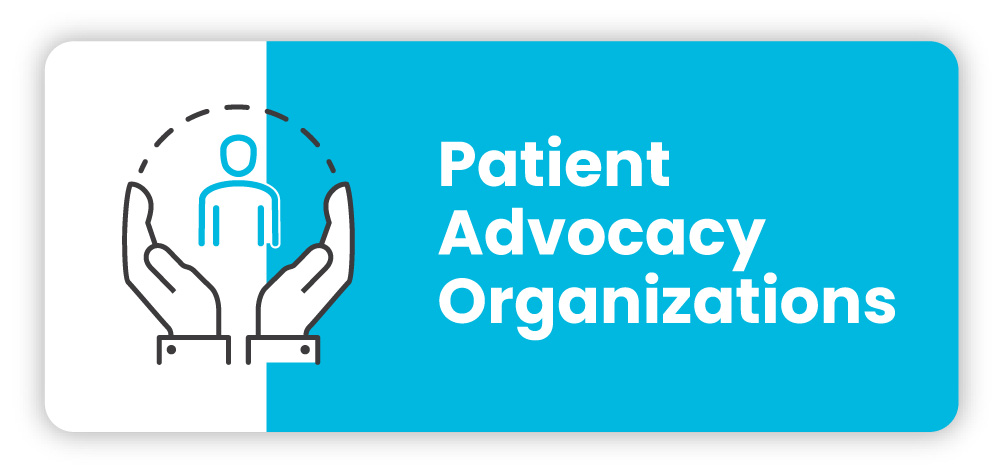As an entrepreneur, Herb traveled all over the world training employees and factory workers how to use his machines to cut mattes for picture framing. But when he was stricken with trigeminal neuralgia in 2003, Herb could barely walk out his front door.
Often called the suicide disease because a significant number of patients have taken their lives due to the extreme pain, Trigeminal neuralgia is considered to be one of the most painful conditions with which a person suffers repeated episodes of severe sudden burning or shock-like facial pain. The intensity of pain can be physically and mentally incapacitating and can last for days, weeks or months at a time. The attacks often worsen over time, with fewer and shorter pain-free periods before they recur.
Trigeminal neuralgia is caused by a blood vessel pressing on the trigeminal nerve in the head where it exits the brain stem. It occurs most often in people over age 50, but it can occur at any age, and is more common in women than in men.
“Most people don’t know how intense this pain can be,” said Herb, a 78-year-old Mississippi native. “Over a two year period, the pain would come and go unexpectedly and effect different parts of my face. I had to quit doing the things I loved most as well as the things nearly everyone takes for granted.”
The intense flashes of pain that come from Trigeminal neuralgia can be triggered by vibration of or contact with the cheek (often occurring when shaving, washing the face), brushing teeth, eating, drinking, talking, or being exposed to the wind, causing an obvious and drastic impact on the patient’s quality of life.
After retiring in 1997, Herb wasn’t one to sit around. “Even when I wasn’t working, I would get up at 4 a.m. and start my day,” he said, noting that he enjoyed life, driving his golf cart around the lake on his property, spending time with is wife of 60 years, Sadie, and his family, and doing the chores on his “honey do” list.
But with the onslaught of trigeminal neuralgia episodes, Herb could only lay motionless in a lounge chair with his head turned a certain way, in order to ease the pain. “I couldn’t bend over, I couldn’t walk outside and I couldn’t deal with heat.”
As is often the case with trigeminal neuralgia, Herb’s condition went into remission for awhile, but returned in September 2005 with a vengeance. “I was weak. I didn’t have any energy and I couldn’t sleep,” Herb said. “It was at that point I decided that something had to change. I wanted my life back.
Herb started looking into a number of treatment alternatives, since steroids and other medications had not been effective in relieving his pain. One option was brain surgery, but it would be extremely invasive. During the surgical procedure, they bore a hole in a patient’s head and lift the blood vessel off the nerve. Despite the pain and debilitation caused by the trigeminal neuralgia, Herb did not want to undergo such an invasive, complicated procedure. Plus, Herb knew there were a number of risks involved with such delicate surgery. In addition to months of recovery time, the brain surgery could result in a stroke, bruising and swelling of his brain, hydrocephalus, facial paralysis, hearing loss and paralysis of the muscles that control movement of the eyes, among other side effects.
Another alternative presented to Herb was radiosurgery. Radiosurgery is the most recent and least invasive treatment for trigeminal neuralgia. As Herb was researching the various radiosurgery options available to him, he discovered the CyberKnife® Robotic Radiosurgery System. CyberKnife radiosurgery is one of the most accurate treatment modalities for trigeminal neuralgia. The CyberKnife System works by delivering high doses of radiation to destroy the pain fibers in the nerve. In addition to its extreme precision, CyberKnife treatments are pain free, do not require anesthesia and are performed on an outpatient basis. Patients come to the treatment in their street clothes, listen to their favorite CD and are able to return to normal activities immediately following treatment.
In June 2006, Herb underwent one 90 minute treatment with the CyberKnife at Baptist Medical Center in Jackson, Miss. More than a year has passed since Herb’s CyberKnife treatment and the pain has not returned.
“The pain I experienced was unimaginable, I’m so thankful to have found the CyberKnife,” said Herb. ”It’s my mission now to tell others with trigeminal neuralgia that they don’t have to suffer or worry about what could happen as a result of surgery. The CyberKnife treatment was easy and worked incredibly well.”
As of the creation of this patient profile, Herb found his CyberKnife treatment to be successful.



